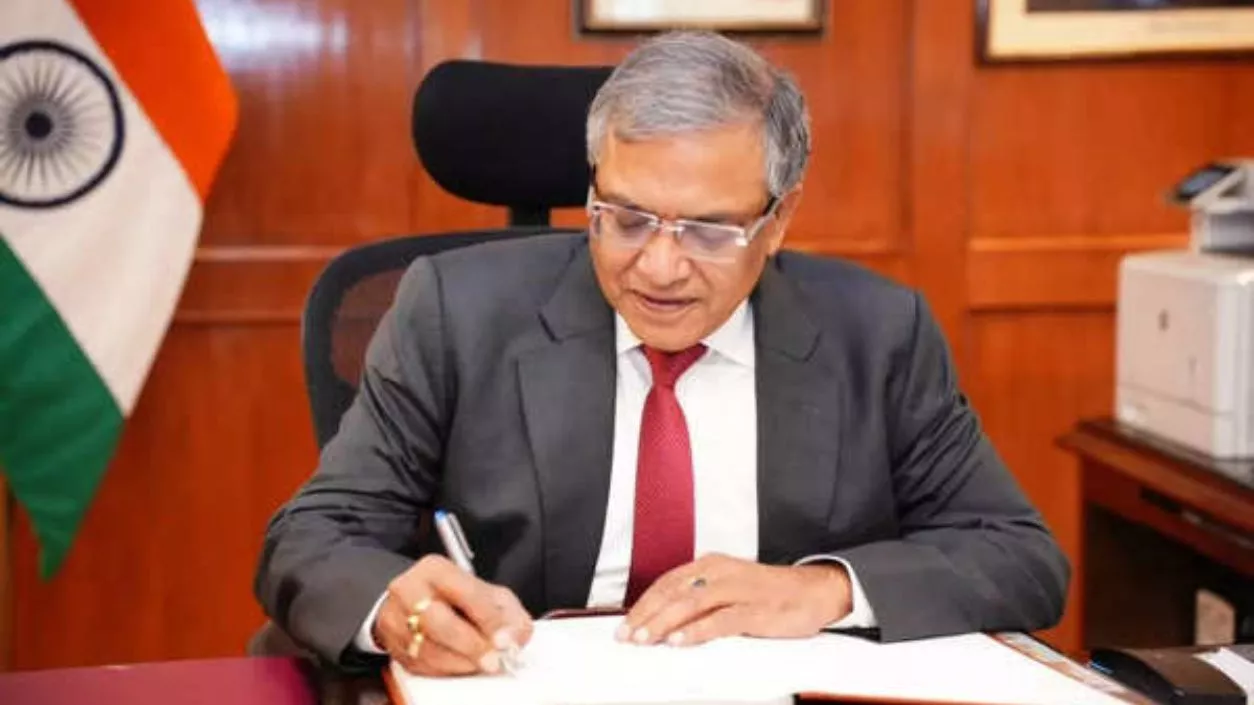Continuous downpour submerges Kolkata, Jodhpur Park receives highest rain
.gif)
.gif)

Gyanesh Kumar, a 1988-batch IAS officer from Kerala, has been appointed as India’s 26th Chief Election Commissioner (CEC), succeeding Rajiv Kumar. Kumar, who had been serving as an Election Commissioner since March 2024, will hold the position until January 26, 2029. His appointment comes just before the Election Commission is expected to announce the schedule for the next Lok Sabha elections.
Before his appointment as CEC, Gyanesh Kumar had a distinguished career in civil service, holding various high-ranking roles across different government ministries. He played a significant role in the Ministry of Home Affairs, where he contributed to the abrogation of Article 370 in Jammu and Kashmir in 2019. During this period, he served as Joint Secretary (Kashmir Division) and was deeply involved in key national security and policy decisions. His extensive experience includes serving as Secretary in the Ministries of Cooperation, Parliamentary Affairs, and Defence.
Kumar’s tenure will oversee the conduct of several key elections in the coming years. These include the Bihar Assembly elections later this year and the state assembly elections in Kerala, Puducherry, Tamil Nadu, and West Bengal, which are due in 2026. He will also be responsible for overseeing the Presidential and Vice-Presidential elections in 2027, marking significant milestones in India’s electoral calendar.
Kumar holds a BTech in Civil Engineering from IIT Kanpur, and he further studied Environmental Economics at Harvard University. His educational background, combined with his vast experience in both state and central government roles, positions him as an influential figure in the Election Commission. His previous roles also include leadership positions in the Kerala State Cooperative Bank and the Kerala State Transport Project, among others.
Gyanesh Kumar’s appointment as CEC is the first to be made under the newly established law governing the appointment of Election Commission members. This law involves a three-member panel, consisting of the Prime Minister, Home Minister, and Leader of the Opposition, which led to some controversy. Rahul Gandhi, Leader of the Opposition, disagreed with the process, stating that the meeting to select the new CEC was “meaningless.” Despite this, Kumar’s appointment was approved, and Vivek Joshi, a 1989-batch Haryana-cadre IAS officer, was also appointed as an Election Commissioner.